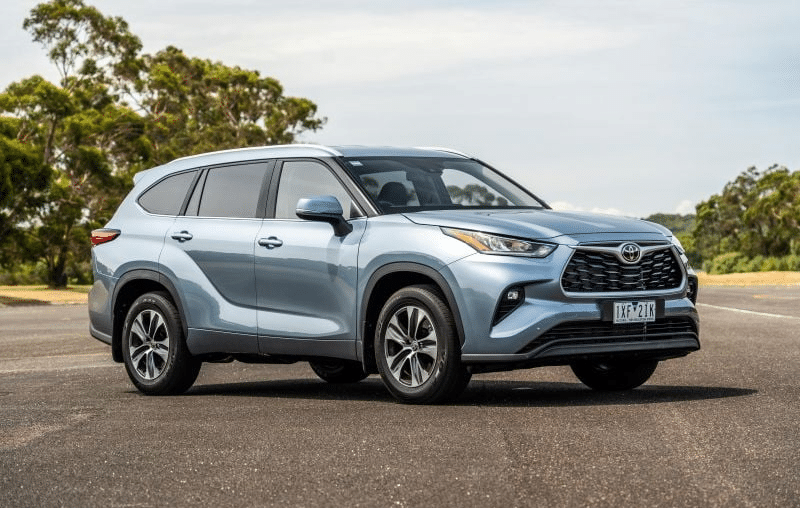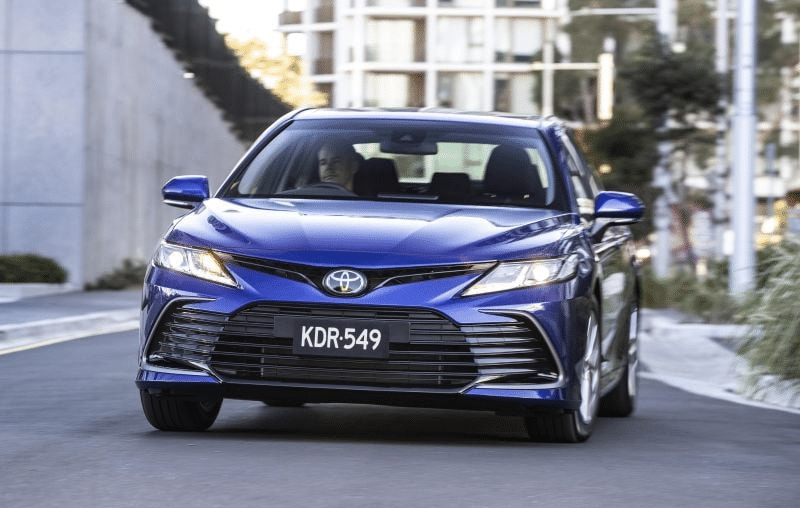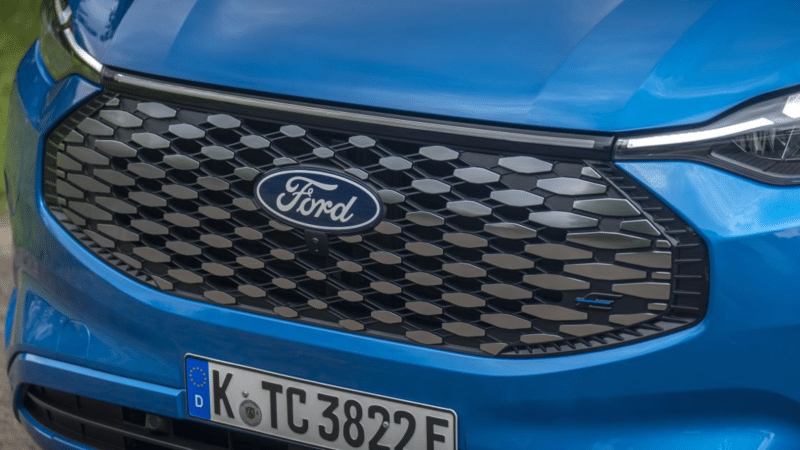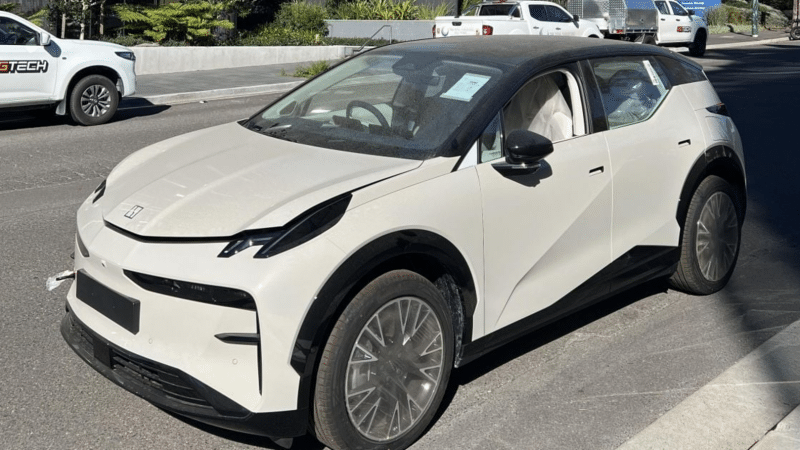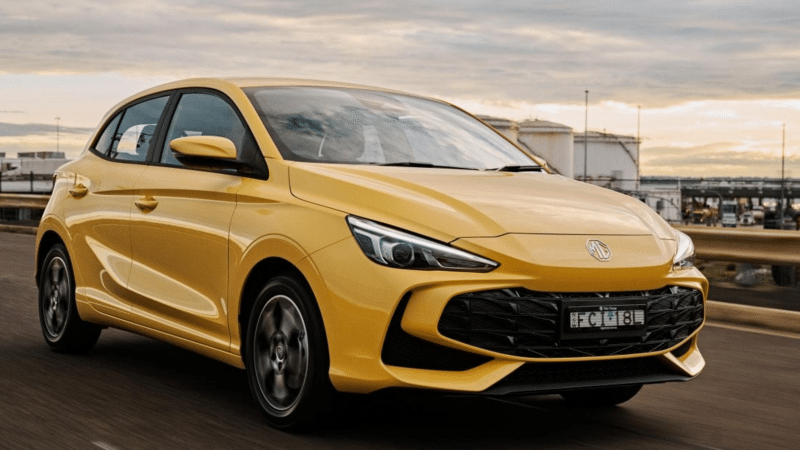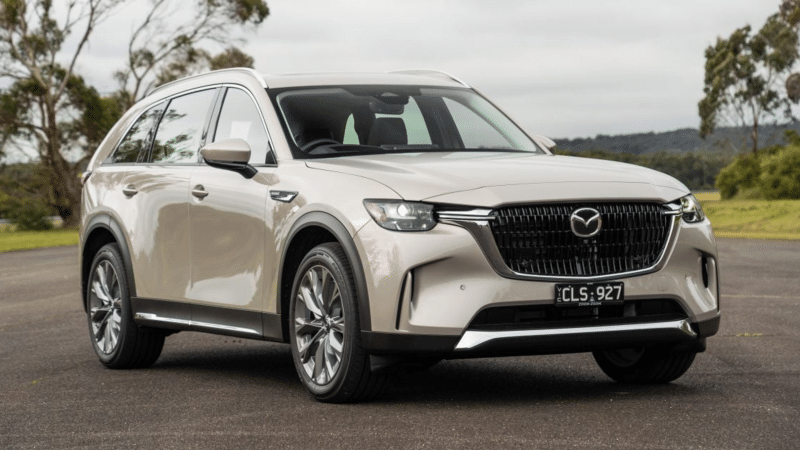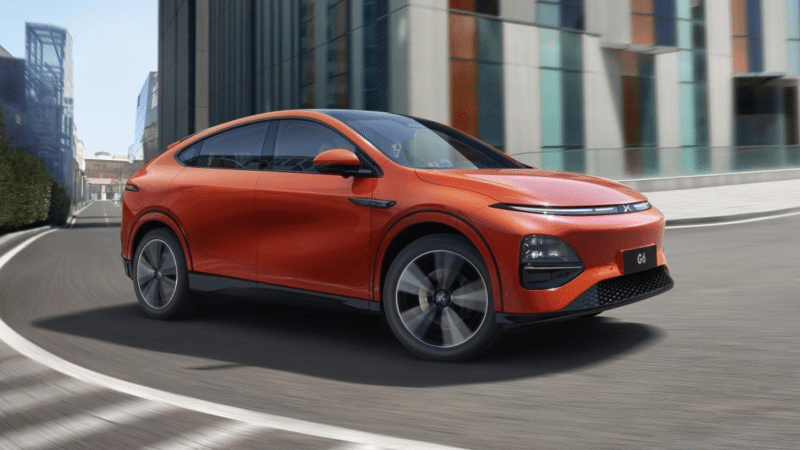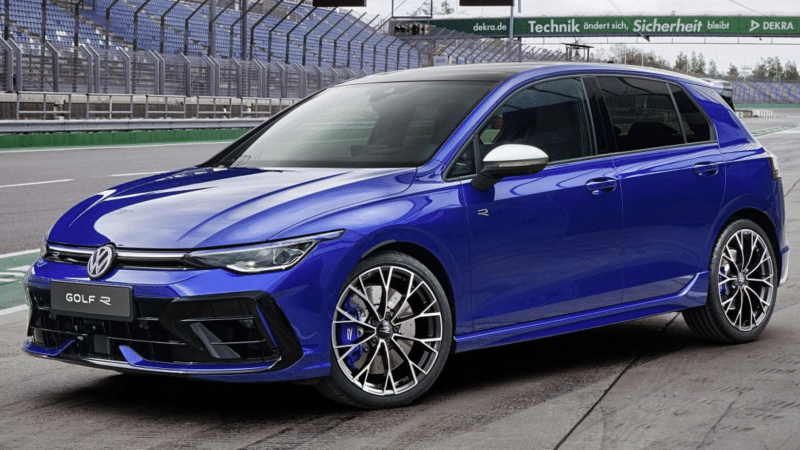Toyota Goes Hybrid-Only: Petrol Versions of Popular Models Axed
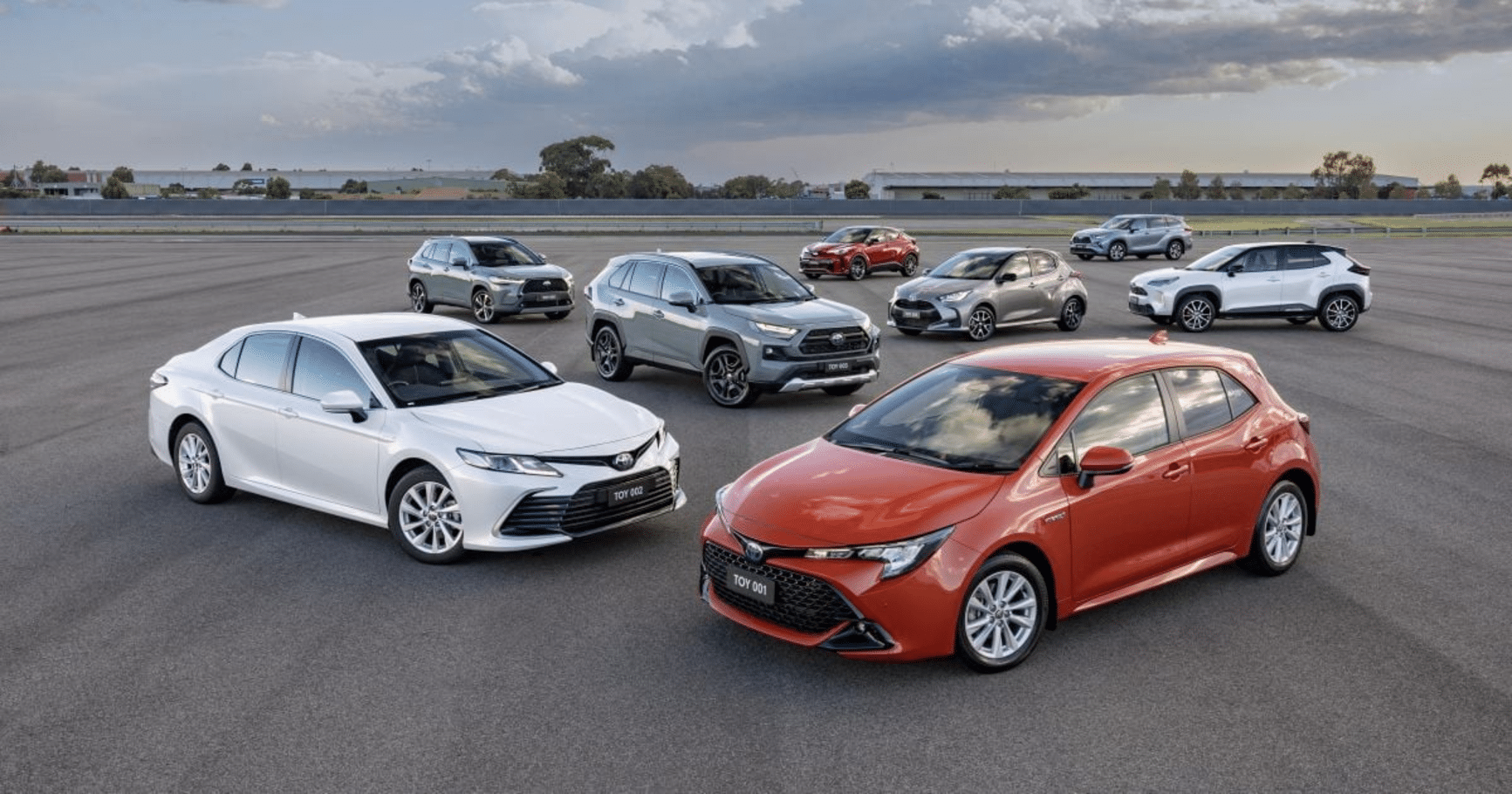
Toyota Goes Hybrid-Only: Petrol Versions of Popular Models Axed
Will other car manufacturers follow Toyota’s lead and make such a bold move towards hybrid and electric vehicles?
Toyota Australia has made the bold move to eliminate petrol versions of its Corolla, Corolla Cross, Camry, RAV4, and Kluger models, making their entire passenger car and crossover lineup hybrid-only. This decision is part of Toyota’s long-standing hybrid-electric strategy and commitment to decarbonization. While the brand’s performance vehicles will still be available in pure petrol power, this shift marks a significant milestone for Toyota. Let’s dive into the details.
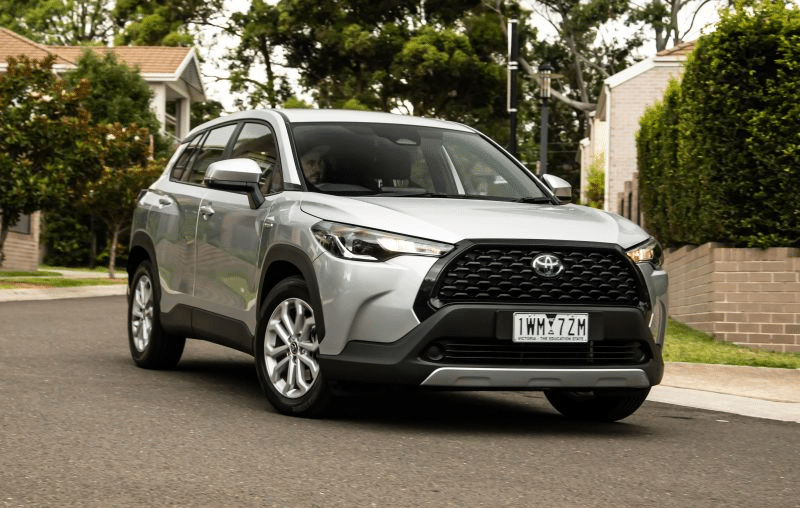
According to Sean Hanley, Toyota Australia’s vice president for sales, marketing, and franchise operations, the decision to remove petrol-only variants where a hybrid alternative is available is the next logical step in their hybrid-electric strategy. Hanley views this as a significant milestone in Toyota’s decarbonization efforts. While final deliveries of the remaining petrol-only stock will happen in the coming months, the Kluger arrivals will extend into next year.
With this move, Toyota’s passenger car lineup will consist solely of four GR sports models: the GR Yaris, GR Corolla, GR 86, and GR Supra. However, the brand still offers a wide range of off-roaders and commercial vehicles that don’t come with the option of hybrid power. Despite that, Toyota anticipates that hybrids and electric vehicles (EVs) will make up more than 50% of their sales in the coming year. Toyota had already confirmed that the Yaris, Yaris Cross, Corolla hatch, and C-HR would be hybrid-only, with the new Camry set to follow suit in the second half of 2024.
While Toyota introduced a new entry-level hybrid variant for the Yaris, the brand does not plan to do the same for their latest models without pure petrol power. Instead, Sean Hanley believes customers will be willing to spend more on the hybrid models. He finds the hybrid vehicle to be a compelling value proposition, offering practicality, affordability, reduced emissions, and technological advancements. Hanley doesn’t expect any significant impact on sales volume in the long or medium term.
Furthermore, Mr. Hanley dismisses the possibility of a more affordable, front-wheel drive hybrid version of the Kluger being introduced. Toyota’s commitment to hybrid power is evident in their sales figures, with a record-breaking 11,440 hybrid vehicles sold in May, accounting for almost 50% of the brand’s volume. To date, Toyota has delivered 46,821 hybrids in 2021 alone, more than double the number sold by the same point last year. This marks a massive increase from a seven percent share in 2017. Hybrid take rates have been steadily rising, with the Kluger currently sitting at a 76.7% hybrid take rate. Additionally, more than 95% of RAV4 sales in May were hybrid models. Since the launch of the first-generation Prius in 2001, Toyota has sold over 430,000 hybrids in Australia.
In conclusion, Toyota’s decision to discontinue petrol versions of their popular models and focus on hybrids is a significant step towards their goal of decarbonization. While some may question the absence of more affordable petrol models, Hanley is confident that customers will recognize the value of hybrid vehicles, which offer fuel savings, practicality, advanced technology, and reduced emissions. With the high demand for hybrids and the continuous rise in hybrid take rates, Toyota expects to maintain their strong sales performance in the coming years.
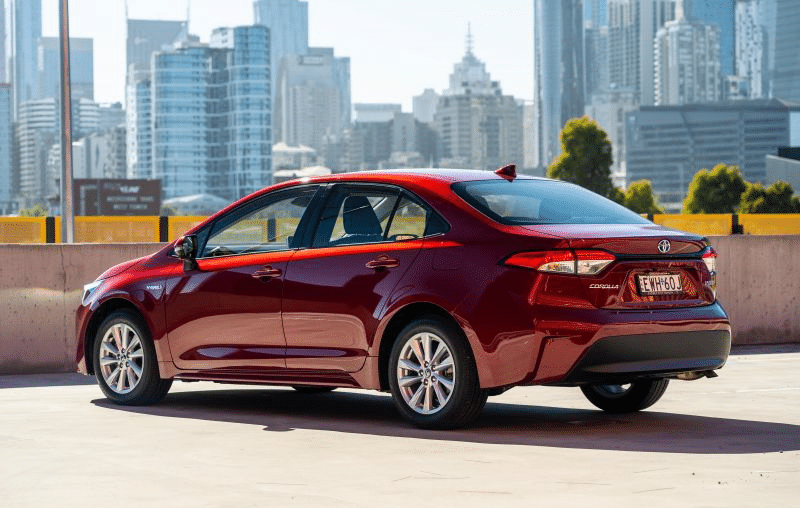
- Toyota discontinues petrol-only variants of popular models in favor of hybrids
- Four GR sports models remain with pure petrol power
- Off-roaders and commercial vehicles still only offered in petrol
- Toyota expects hybrids and EVs to make up over half of their sales next year
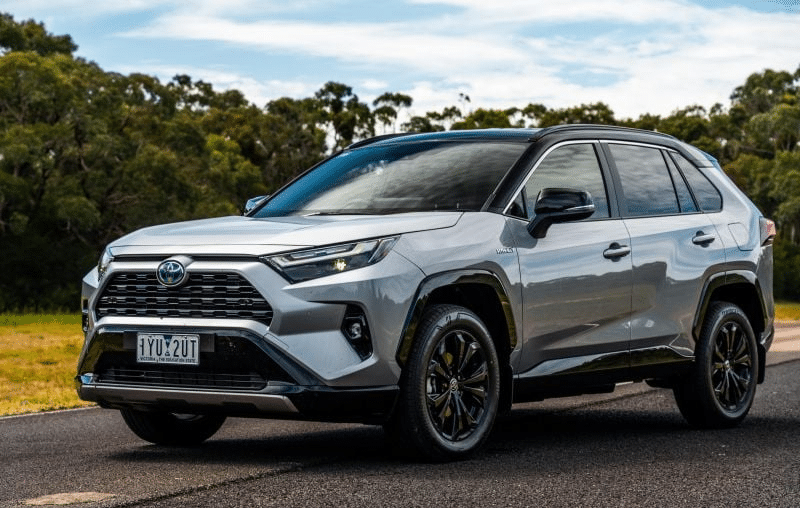
Toyota’s transition to hybrid-only models for its passenger car and crossover lineup signifies a significant shift in the automotive industry. While petrol models will still be available for their performance vehicles, the brand expects hybrids and EVs to play a major role in their sales. The decision aligns with Toyota’s long-standing commitment to decarbonization and promoting sustainability.
